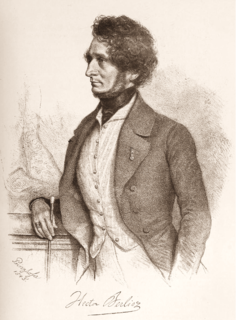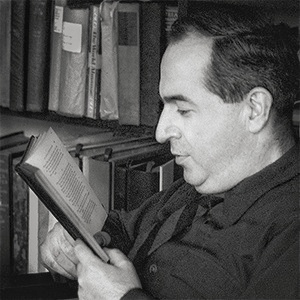A Quote by Charles Darwin
It is easy to specify the individual objects of admiration in these grand scenes; but it is not possible to give an adequate idea of the higher feelings of wonder, astonishment, and devotion, which fill and elevate the mind.
Related Quotes
When we contemplate the world of Epicurus, and conceive the universe to be a fortuitous jumble of atoms, there is nothing grand in this idea. The clashing of atoms by blind chance has nothing in it fit to raise our conceptions, or to elevate the mind. But the regular structure of a vast system of beings, produced by creating power, and governed by the best laws which perfect wisdom and goodness could contrive, is a spectacle which elevates the understanding, and fills the soul with devout admiration.
It is more than probable that I am not understood; but I fear, indeed, that it is in no manner possible to convey to the mind of the merely general reader, an adequate idea of that nervous intensity of interest with which, in my case, the powers of meditation (not to speak technically) busied and buried themselves, in the contemplation of even the most ordinary objects of the universe.
Prayer is intended to increase the devotion of the individual, but if the individual himself prays he requires no formula; he pours himself forth much more naturally in self-chosen and connected thoughts before God, and scarcely requires words at all. Real inward devotion knows no prayer but that arising from the depths of its own feelings.
Devotion {to the spiritual master} becomes the purest, quickest, and simplest way to realize the nature of our mind and all things. As we progress in it, the process reveals itself as wonderfully interdependent: We, from our side, try continually to generate devotion; the devotion we arouse itself generates glimpses of the nature of mind, and these glimpses only enhance and deepen our devotion to the master who is inspiring us. So in the end devotion springs out of wisdom: devotion and the living experience of the nature of mind becomes inseparable, and inspire one another.
The aim of poetry, it appears, is to fill the mind with lofty thoughts--not to give it joy, but to give it a grand and somewhat gaudy sense of virtue. The essay is a weapon against the degenerate tendencies of the age. The novel, properly conceived, is a means of uplifting the spirit; its aim is to inspire, not merely to satisfy the low curiosity of man in man.
Know that for the human mind there are certain objects of perception which are within the scope of its nature and capacity; on the other hand, there are, amongst things which actually exist, certain objects which the mind can in no way and by no means grasp: the gates of perception are closed against it.




































